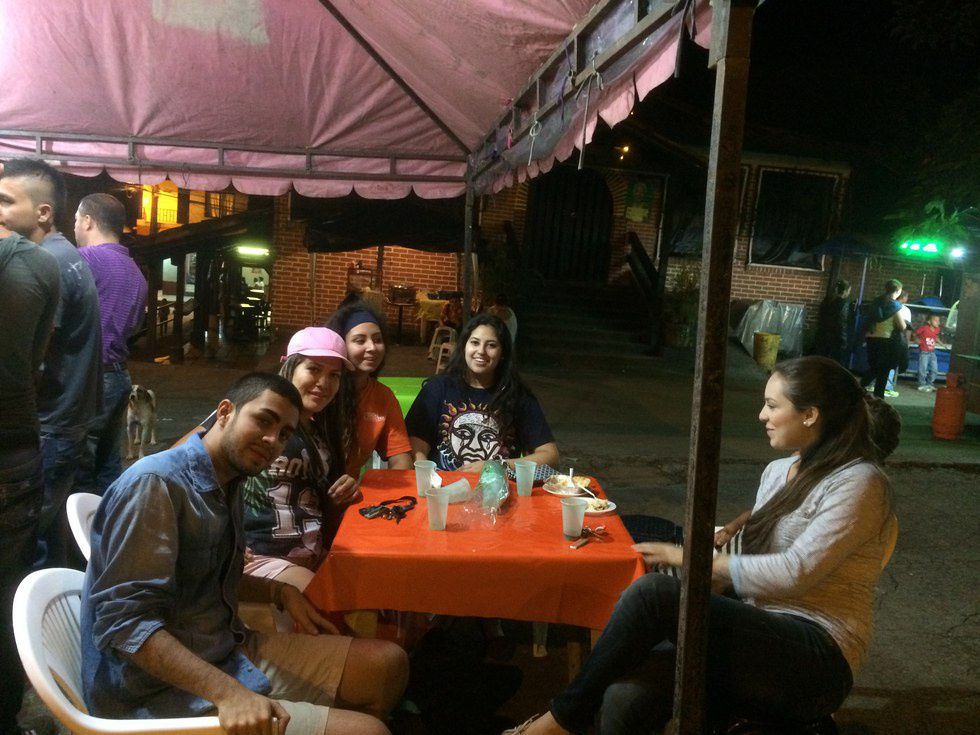Yi-Fu Tuan, geographer and author, explains in his book, Space and Place: The Perspective of Experience, the balance between geographical locations and the human psychological factors that we associate with being there. By the end of the book’s introduction, you find yourself questioning the origins of your past travels, what was enjoyable, what you detested, and the whys behind all those (once) meaningless family trips. Tuan leaves you with a resonating question that will perhaps change the way you look at travel: What is the nature of [your] experience?
Tuan references theologian Paul Tillich’s trip to the Baltic Sea as the place where his family would escape to every year to remind themselves that there was more beyond the walls of their medieval town in Germany. For fourteen years, every May after school would let out for the summer, my mother and I would head down to Medellin, Colombia to spend three months out of the year with my father, his family, and her friends. At fifteen, I decided that I wanted to spend a real American summer at home and did not return to Colombia until I was twenty.
Tillich found his limitless horizon along the Atlantic Ocean when he retired and while abroad I believe I also encountered mine. I mention Sevilla repeatedly when I look back at my time studying abroad. Everything that I loved of European and Latin American culture perfectly coexisted in Sevilla. The language was familiar to my ears; the food was a close enough variation of what my grandmother cooked in South Carolina or what I could find on the streets in Medellin. The European architecture that I could only see in Cartagena or Santo Domingo was endless. Streets were cobblestoned paths that interwoven between little passages way that curved into Moorish gardens from the 1300s that illustrated Spain’s Muslim past. I remember touching the walls as I walked from neighborhood to neighborhood and considering that I could not walk through downtown Greenville and feel the lives of others who walked these same streets as I could I Sevilla. As outlandish as that comes across, I felt moved with every object and sight I encountered during this trip to Spain because I never had used all of my sense to take in my surroundings.
Tuan asks, “in what ways do people attach meaning to and organize space and place?” I care to think that without those countless trips to Colombia over the summer and the occasional Christmas or my Hispanic upbringing, my impressions of Sevilla would have been completely different. My cultural differences developed my representation of Spain and Spanish ideals that I was surround by those five days in December distinct from my peers. Where I saw cathedrals and nativity scene markets at Plaza del Triunfo that reminded me of my catholic childhood, another student would have just seen a giant church with a bell tower and people selling figurines. Culture cannot be an overlooked notion in traveling. We cannot escape how our cultural background has shaped our ideals. Instead of suppressing our particularities for being distinct from those of our peers, we must embrace them.
Before arriving to Sevilla, I only viewed it as an opportunity to see my roommate again and pass some time with locals and other university students while enjoying good food and beer at extremely cheap prices. I left with the feeling as if I had not explored all the crevices of the city. I spent too much time taking up space on statue steps or bar stools and not enough time converting uncharted spaces in Andalucía’s capital to extraordinary places. As a result, I revisited Sevilla one last time before my return to the States to retrace what I left undiscovered.





















